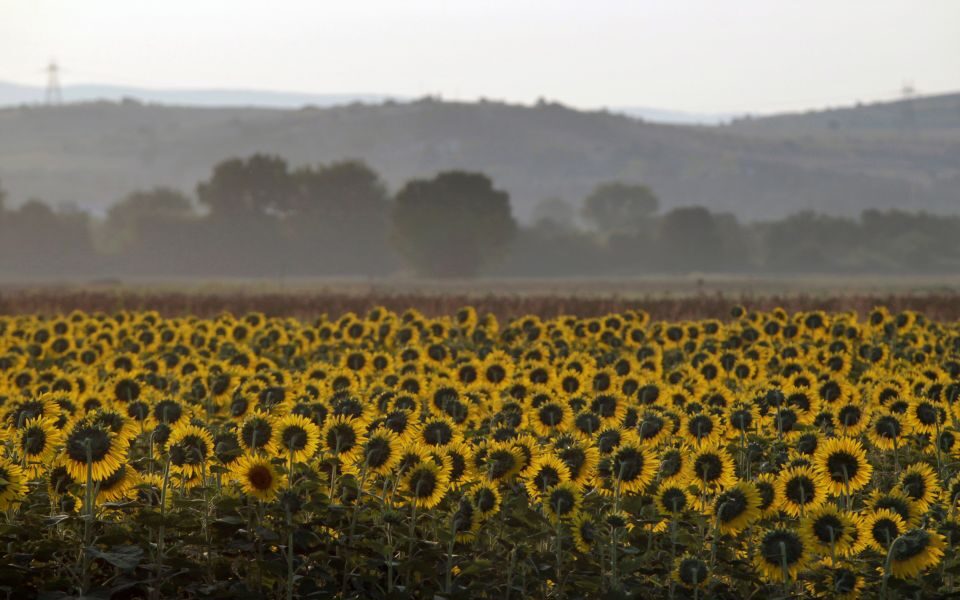Gov’t says it can boost sunflower oil production, if needed

The Agriculture Ministry said on Monday that sunflower oil production could be increased if needed by producing more for household consumption rather than for biofuels as rising prices add to record inflation.
So far, Greece has no food product shortages, the ministry said in a statement following a ministerial meeting chaired by the prime minister. Greece imports sunflower oil from Ukraine. It estimates its imports of soft wheat from Ukraine and Russia at roughly 250,000 tonnes, about 30% of its total wheat imports.
“The agriculture minister noted that there is always a possibility of increasing domestic production, while improving the distribution between biofuel use and domestic use can further help increase the quantities available for consumption,” the ministry said, without providing further details.
Georgantas also stated that Greece does not import the majority of its cereals from Ukraine and its supply chains remain unaffected by the ongoing crisis.
The government also decided to increase inspections and checks to confront unfair commercial practices and potential cases of price speculation.
Prime Minister Kyriakos Mitsotakis chaired the meeting, which included discussions on market efficiency, food security, international factors affecting the agricultural products market, supplies, energy and its effect on the cost of production.
The government has asked suppliers, such as supermarkets and other food retailers, to declare stockpiles of products including flour, grains, fertilisers, animal food, sunflower and other vegetable oils. Consumers hoarded over supply concerns in the wake of the war in Ukraine.
Annual consumer inflation accelerated to 7.2% in February, its highest level in 25 years because of surging costs for energy, housing and transportation, official data showed.
The government has asked the European Union to approve grants for soft wheat and corn crops for the 2023-2027 period as an incentive for farmers. [Reuters, AMNA]





